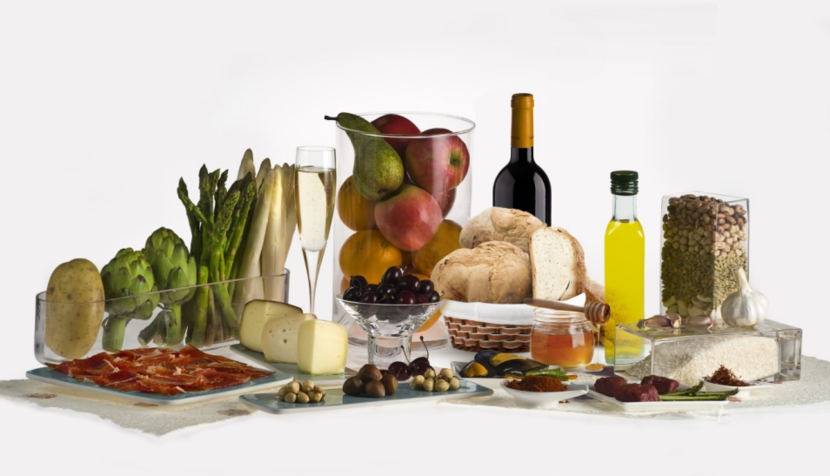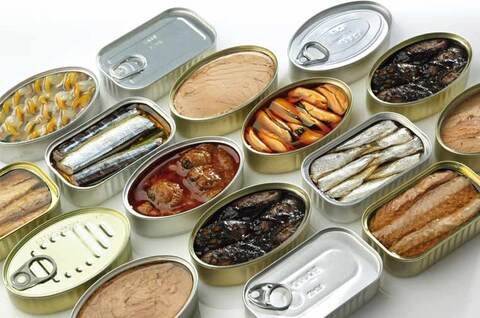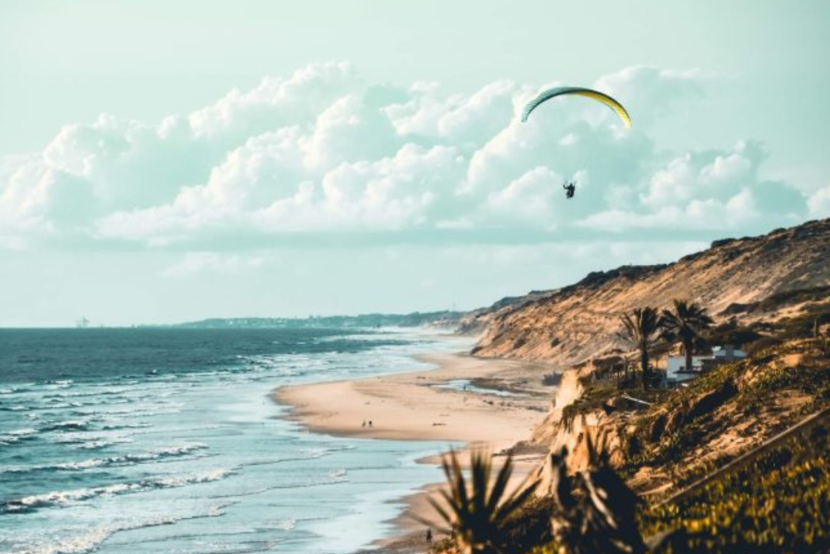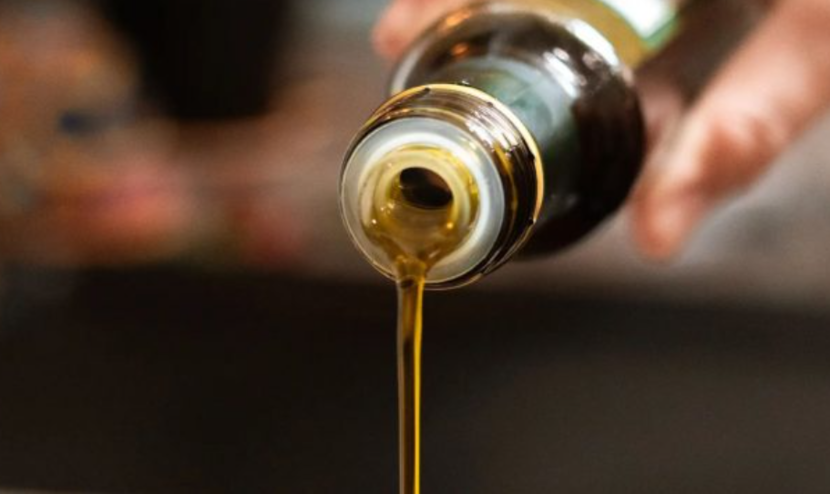Spain: food industry calls for preferential access to water
Farmers are the ones who have been warning so far about the impact of the drought on their crops. Now, the effects of the lack of water are reaching the food and beverage industry. Besides that, Spain remains the second most visited country in the world. The tourism sector occupies a pre-eminent place in the country's economy, where the words concern and sustainability are intertwined when drought is mentioned.

The drought is worrying the food and beverage industries, whose sectoral organisation FIAB is already warning of a "serious situation". It is generated by the lack of rainfall which, together with the high temperatures recorded in July and August and a situation of hydrological drought in large parts of Spain, "is having a strong impact on agriculture and livestock farming and, therefore, on the food manufacturing industry". FIAB’s spokesman insisted that water is a key resource for its industries and assured that "they have been optimising and reducing their consumption for years". Companies fear that supply will be affected by the lack of rain.
Therefore, companies in the sector are demanding that their access to water be prioritised. "It is imperative that the food and beverage industry receives special treatment in these critical circumstances and that it has preferential access to water in order to ensure a stable and secure supply of food and beverages".

A national water plan
The organisation's request goes further. FIAB points out the importance of developing a National Hydrological Plan that contemplates "new interconnections and inter-basin transfers, as well as investment plans for extensions, development and modernisation of water storage and irrigation infrastructures". The companies think it is essential to promote the use of non-conventional water resources, such as reuse and desalination, " indispensable to mitigate the effects of climate change". "The reuse of reclaimed water is key to achieving water security in our country”, they say.
In a country where water has been scarce, a situation that is worsening due to climate change, it is difficult for economic sectors not to compete for its allocation. Agriculture is the biggest user of water, demanding greater quantities precisely where it is scarcest, the Mediterranean coast and western Andalusia. Proportionally, tourism consumes much less, but consumption per tourist per day (350-800 litres/day) is much higher than the national average (130 litres/day). The problem is aggravated when both activities, agriculture and tourism, take place in the same geographical area. Moreover, the great contradiction is that a country that is so short of water is one of the cheapest in Europe.

Recently a journalist asked the director of a large fruit and vegetable cooperative in Murcia: "Is there a possibility of a national plan". He replied, "I never lose faith. There are options for a national plan. Water has no political colour for the good of the whole country. Politically, water has been used as a shield to win votes. Water belongs to everyone. There should be a national hydrological plan. I don't want to take it away from anyone”. On the other hand, the Minister of Agriculture assured in an interview that "if it were to start raining very heavily for four weeks, olive oil prices would automatically plummet".
Record prices in the supermarket
The price of a litre of extra virgin olive oil is 10.69 euros, a rise of 38.8% in the last year, which is due to the drought, which is also affecting other products.
In July, inflation rebounded to 2.3% with food rising by 10.8%. With olive oil as the most striking increase, Fig. 1 shows other food products with their price increases.

Industry's lower price increase
Food industry inflation rose by 9.3% in July compared to the same month in 2022. This represents an easing compared to the June figures, which rose by 10% year-on-year. Between September 2022 and February this year, with the rise in raw material prices and the sharp increase in energy prices, food industry prices rose by 20%. The record was reached last October when they rose by 21.2%.
However, according to sources in the sector, the fall in industrial prices does not mean that there will be an immediate reduction in food prices, although if the trend is consolidated, a stabilisation could be achieved. Everything will also depend on how the drought evolves.

In term of crops, the worst cereal harvest in decades will raise Spain's structural cereal deficit to historic levels, which will have to import four times the national production to guarantee consumption. In the first stage of the almond harvest, a drop in production of between 30 and 50% of the expected figures is being detected. The drought is also affecting the mushroom as there has been an increase of almost 300% in the price of straw used for compost in its production.
“The drought we are suffering, both hydraulic (reservoirs are at 51% of their capacity and 16% below the average of the last 10 years) and hydrological (in the last year there has been 22.5% less rain), is a global problem that not only affects agriculture but society as a whole”, as explained by the farmers’ organization UPA.
More info here:
Spain: “ We spend more water than we can afford” | Nieuwsbericht | Agroberichten Buitenland